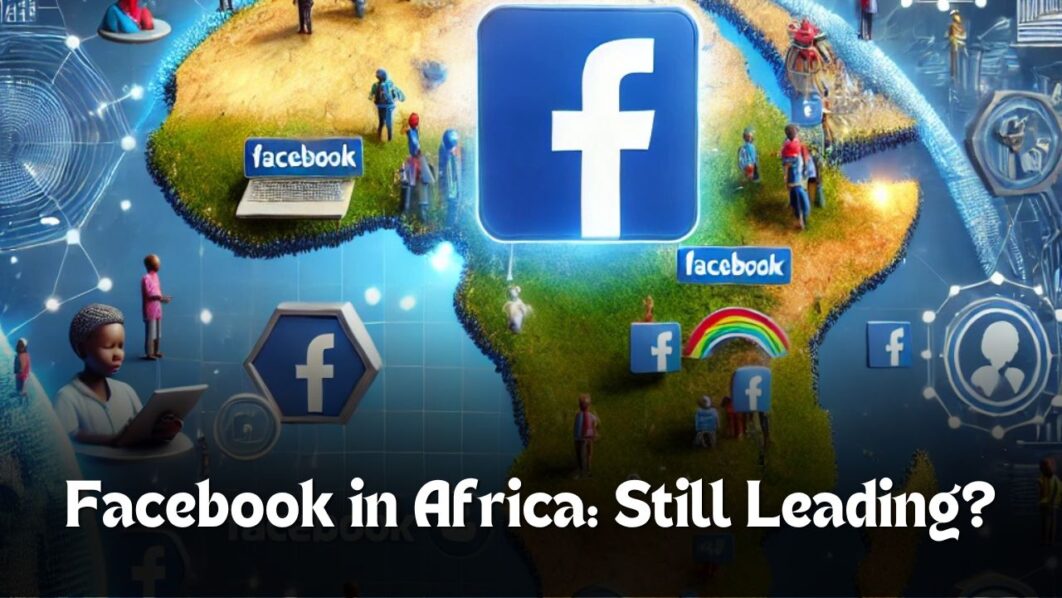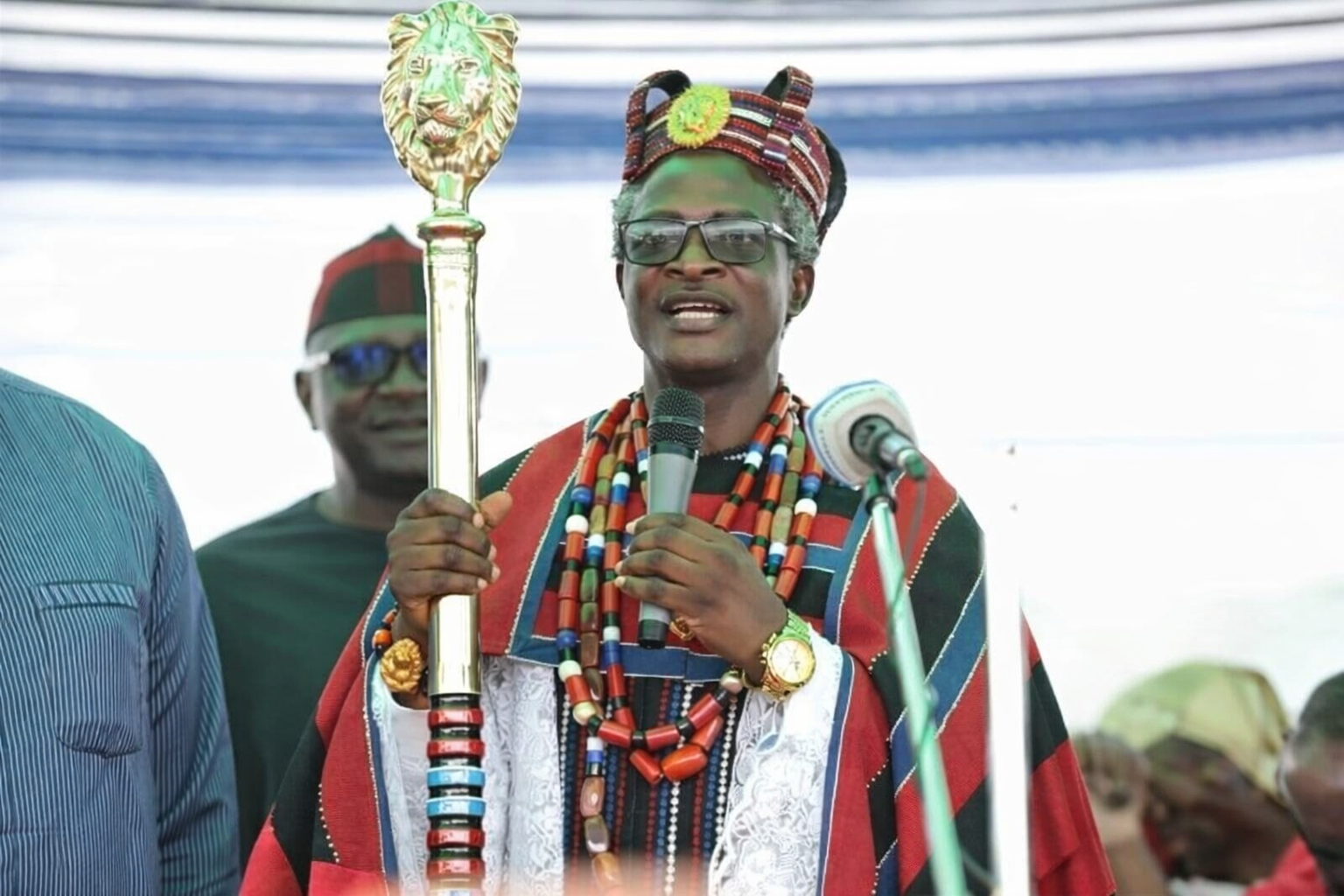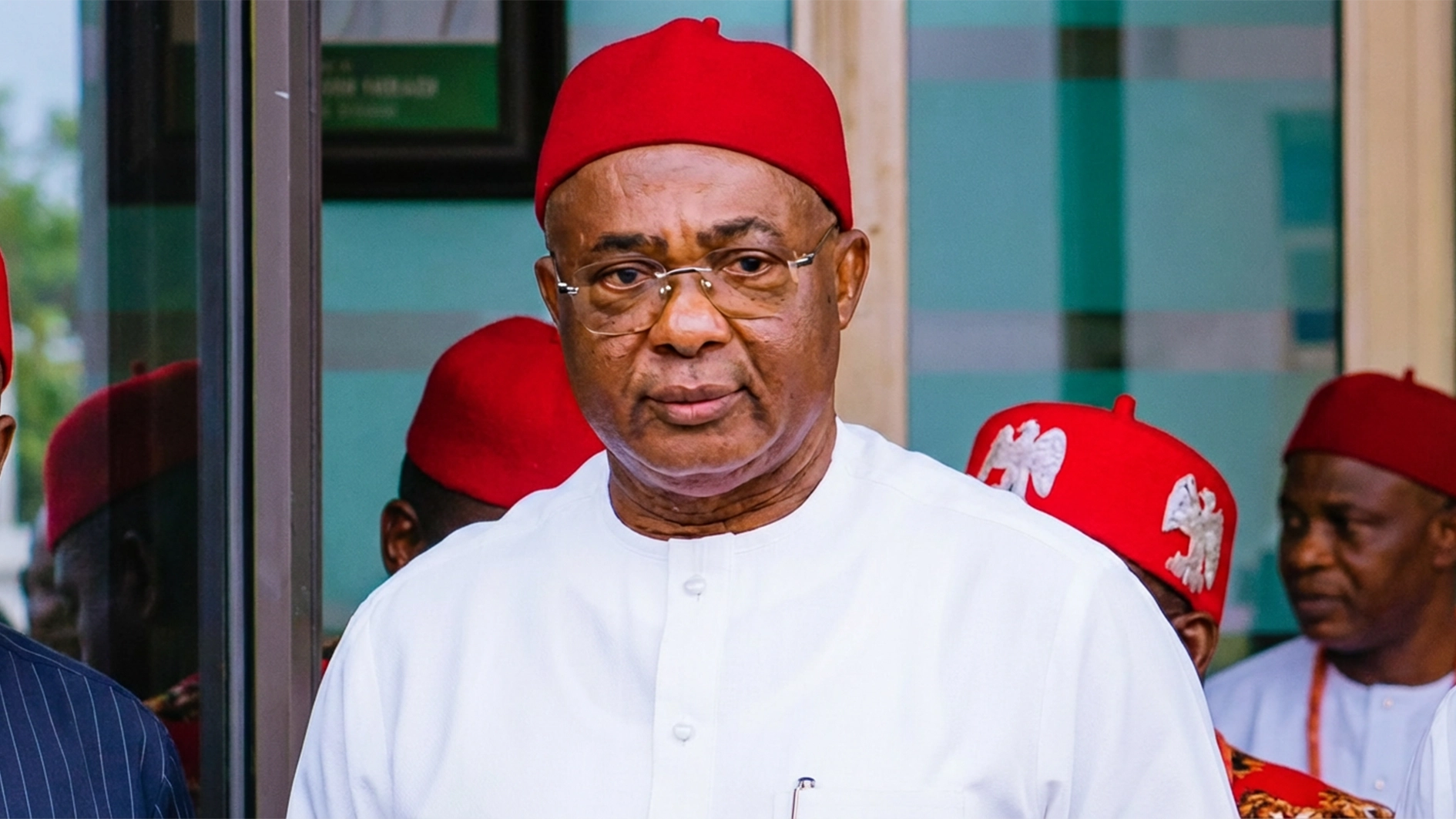
Facebook has played a crucial role in shaping Africa’s digital communication landscape, providing a platform for social interactions, business marketing, and news dissemination. However, as social media preferences evolve, new platforms like TikTok, Instagram, and X (formerly Twitter) are gaining traction across the continent. The question remains: Is Facebook still the dominant social media platform in Africa, or is it losing its relevance?
Facebook’s Position in Africa’s Social Media Market
Africa has experienced a digital revolution, with social media usage growing rapidly in recent years. According to ExpressVPN’s report on Facebook’s relevance, the platform continues to have a strong presence across different demographics. However, user engagement is shifting, with younger audiences exploring alternative platforms that offer more dynamic content and real-time interactions.
A recent market analysis shows that Facebook remains one of the most widely used social media platforms in Africa, but competitors are quickly catching up. Instagram, WhatsApp, and TikTok have all seen an increase in market share, indicating that while Facebook is still popular, its monopoly is gradually eroding.
Facebook’s Role in Digital Communication and Business in Africa
Despite growing competition, Facebook continues to serve as an essential tool for communication and business in Africa. Many small and medium-sized enterprises (SMEs) rely on Facebook’s advertising and marketplace features to connect with customers. Unlike newer platforms, Facebook provides a comprehensive suite of services, including messaging, video streaming, e-commerce, and community engagement through Groups and Pages.
Additionally, businesses across Africa use Facebook’s targeted advertising system to reach local and international customers. The ability to segment audiences based on location, interests, and demographics makes it an indispensable tool for digital marketers.
The Rise of Competitors: Is Facebook Losing Its Lead?
As African users diversify their social media usage, platforms like TikTok and Instagram have gained significant market share. A social media statistics report shows that while Facebook still leads, Instagram and TikTok are experiencing faster growth rates. Younger users, in particular, are drawn to short-form video content, interactive features, and influencer-driven trends on these platforms.
The shift in user preferences can be attributed to several factors:
- Changing Content Consumption Habits: Video-driven platforms like TikTok cater to a younger audience that prefers engaging, short-form content over traditional posts.
- Privacy and Data Concerns: Facebook’s history of data privacy controversies has led some users to explore alternatives with stronger security policies.
- Platform Specialization: While Facebook offers an all-in-one experience, other platforms specialize in specific types of content, such as Instagram for visuals, X for real-time news, and LinkedIn for professional networking.
Why Facebook Remains Relevant in Africa
Despite these challenges, Facebook continues to hold a unique position in Africa’s digital ecosystem for several reasons:
- Widespread Connectivity: Facebook has been instrumental in expanding digital access in Africa through initiatives like Free Basics, which provides free internet access to select services.
- Integration with Other Meta Platforms: The seamless connection between Facebook, WhatsApp, and Instagram makes it easier for users to interact across platforms.
- Business and Community Engagement: Facebook Groups, Pages, and Marketplace remain essential tools for businesses, NGOs, and social organizations.
- News and Political Discourse: Many Africans rely on Facebook for news updates, political discussions, and activism.
The Future of Facebook in Africa
Looking ahead, Facebook’s ability to maintain its lead will depend on how well it adapts to emerging trends. Key areas of focus for the platform include:
- Expanding Video Features: Facebook must enhance its video-sharing capabilities to compete with TikTok and Instagram Reels.
- Strengthening Data Privacy: Improving security measures to regain user trust will be critical in retaining engagement.
- AI-Powered User Experience: Using artificial intelligence to personalize content and ads will help keep users engaged.
Conclusion
While Facebook remains a dominant force in Africa’s social media landscape, its lead is no longer unchallenged. The rise of alternative platforms has changed how users engage with digital content, but Facebook’s role in business, communication, and news consumption ensures it will remain relevant for the foreseeable future. The question is not whether Facebook is disappearing, but rather how it will evolve to meet the changing needs of African users.






